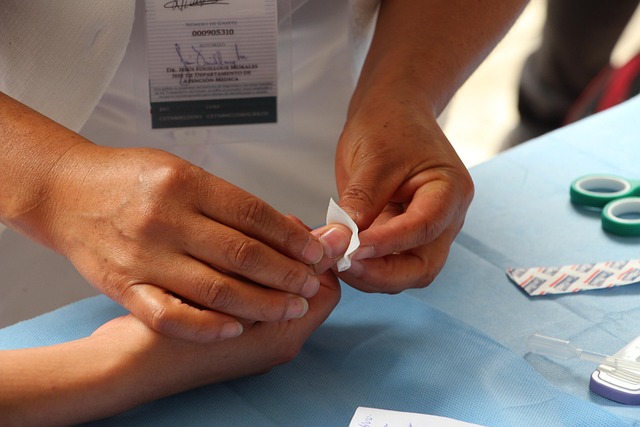Comprehensive Guide to Polymyalgia Rheumatica Symptoms and Management
Polymyalgia Rheumatica (PMR) is a complex inflammatory condition that primarily affects older adults, causing widespread muscle pain and stiffness that can significantly impact daily life. This comprehensive guide will help you understand the intricacies of this challenging condition, exploring its symptoms, diagnosis, and management strategies to provide hope and clarity for those experiencing its effects.

What Are the Signs and Symptoms?
Polymyalgia Rheumatica typically manifests with distinctive symptoms that can be both uncomfortable and debilitating. The most common signs include severe muscle pain and stiffness, particularly in the shoulders, neck, and hip areas. Patients often experience significant morning stiffness that can last for hours, making simple tasks like getting out of bed or dressing extremely challenging. Additional symptoms may include fatigue, low-grade fever, unexplained weight loss, and a general feeling of being unwell.
How Is It Diagnosed?
Diagnosing Polymyalgia Rheumatica can be complex, as its symptoms can overlap with other inflammatory conditions. Healthcare professionals typically conduct a comprehensive evaluation that includes a detailed medical history, physical examination, and specific diagnostic tests. Blood tests to measure inflammation markers like erythrocyte sedimentation rate (ESR) and C-reactive protein (CRP) are crucial in identifying the condition. Additionally, doctors may rule out other similar conditions through careful assessment and potentially additional imaging studies.
What Are the Treatments?
Management of Polymyalgia Rheumatica focuses on reducing inflammation and alleviating symptoms. The primary treatment approach typically involves anti-inflammatory therapies designed to minimize pain and improve mobility. Treatment plans are highly individualized, taking into account the patient’s overall health, age, and specific symptom presentation. Most treatment strategies aim to provide rapid symptom relief while minimizing potential long-term complications.
When Should I Seek Professional Help?
Early intervention is critical when dealing with Polymyalgia Rheumatica. Patients should seek immediate medical attention if they experience persistent muscle pain and stiffness that significantly impacts daily activities, especially if these symptoms are accompanied by unexplained fatigue or fever. Consulting a healthcare professional early can help prevent potential complications and develop an effective management strategy.
Living with Polymyalgia Rheumatica: Management Strategies
Successfully managing Polymyalgia Rheumatica requires a comprehensive approach. Patients can benefit from lifestyle modifications such as gentle exercise, stress management techniques, and maintaining a balanced diet. Physical therapy and low-impact activities can help maintain muscle strength and flexibility. Support groups and mental health resources can also provide valuable emotional support during the management of this challenging condition.
Understanding Treatment Approaches
| Treatment Approach | Primary Focus | Potential Benefits |
|---|---|---|
| Anti-inflammatory Therapy | Reducing Inflammation | Pain Relief, Improved Mobility |
| Lifestyle Modifications | Symptom Management | Enhanced Quality of Life |
| Physical Therapy | Muscle Strength | Improved Flexibility, Reduced Stiffness |
| Holistic Management | Comprehensive Care | Emotional and Physical Well-being |
Prices, rates, or cost estimates mentioned in this article are based on the latest available information but may change over time. Independent research is advised before making financial decisions.
Conclusion
Polymyalgia Rheumatica is a challenging condition that requires comprehensive understanding and proactive management. By recognizing symptoms early, seeking professional medical guidance, and adopting a holistic approach to treatment, patients can effectively navigate this inflammatory condition and maintain a good quality of life.
Disclaimer: This article is for informational purposes only and should not be considered medical advice. Please consult a qualified healthcare professional for personalized guidance and treatment.




